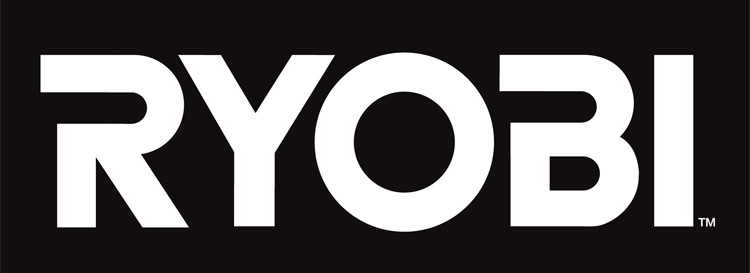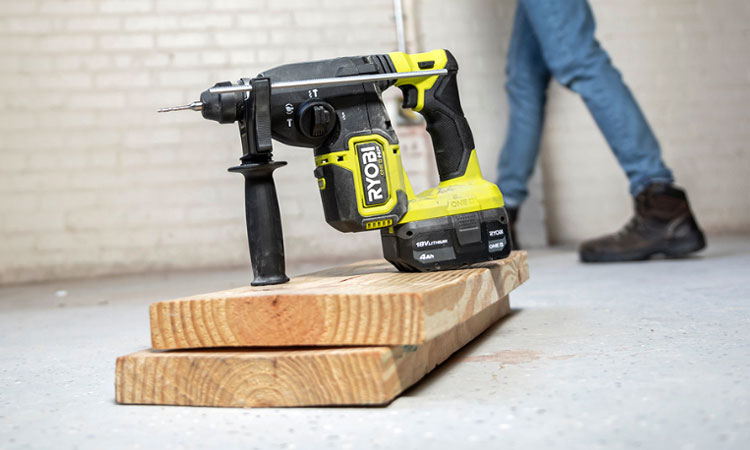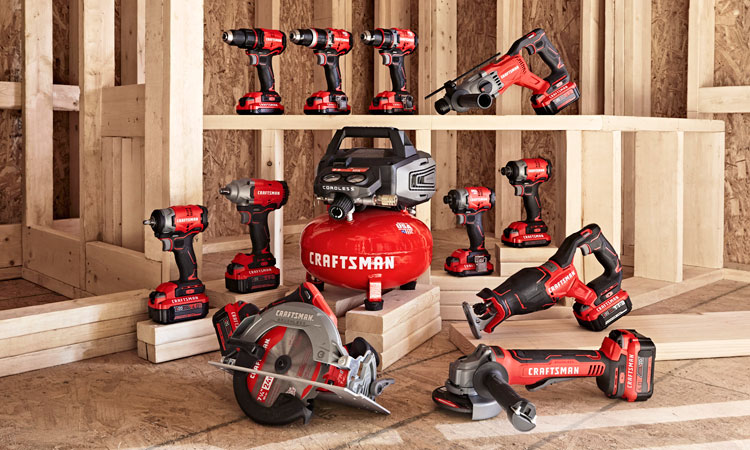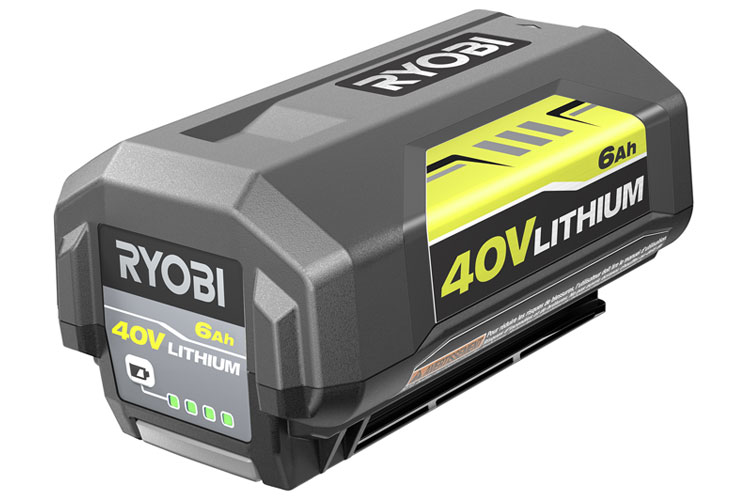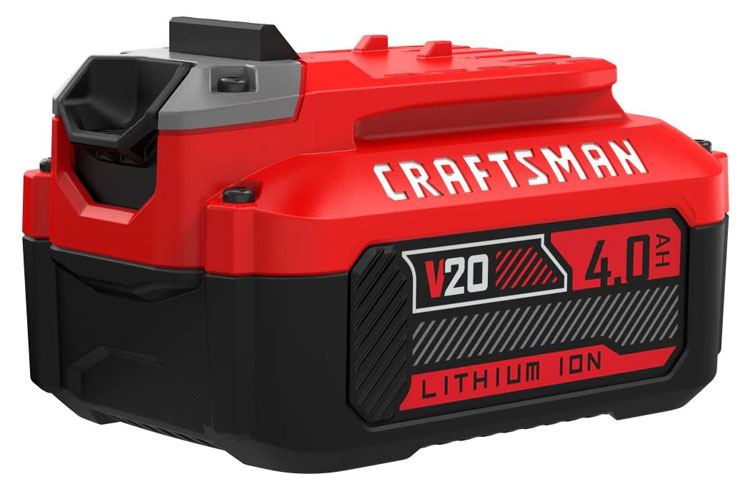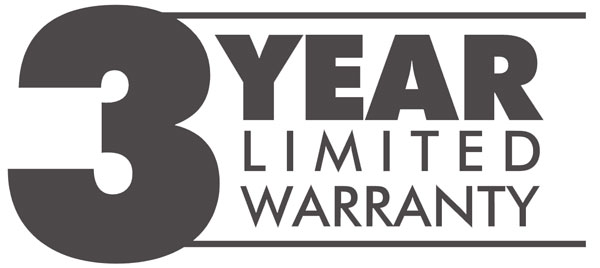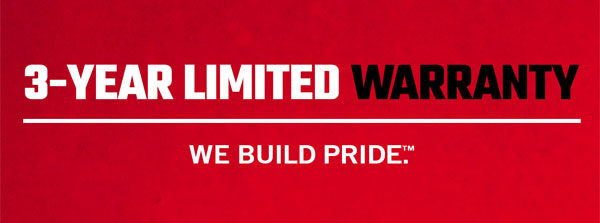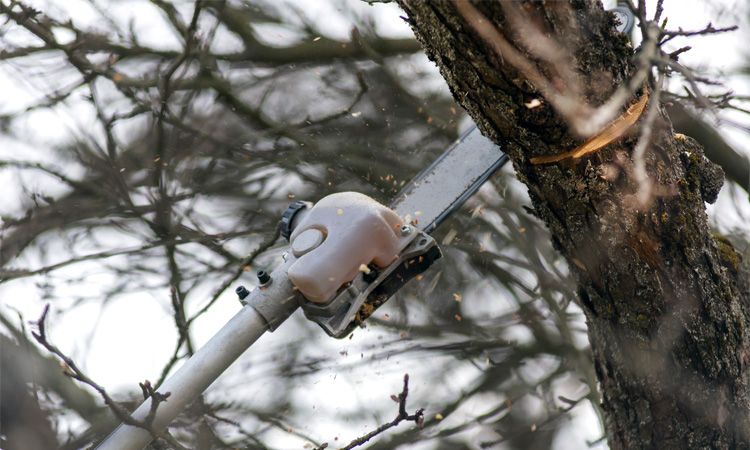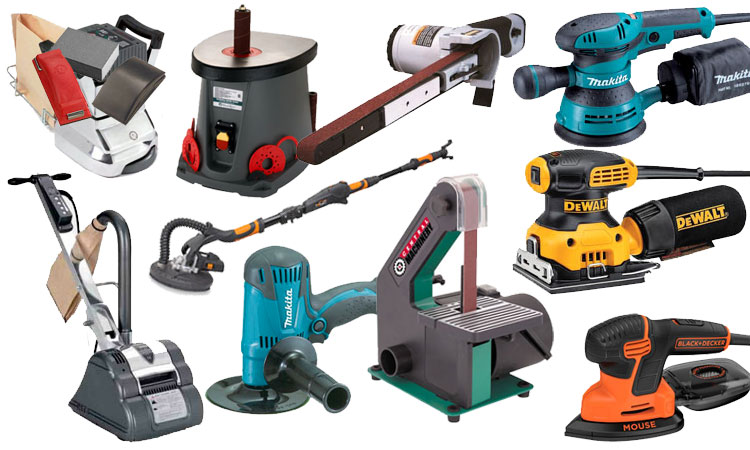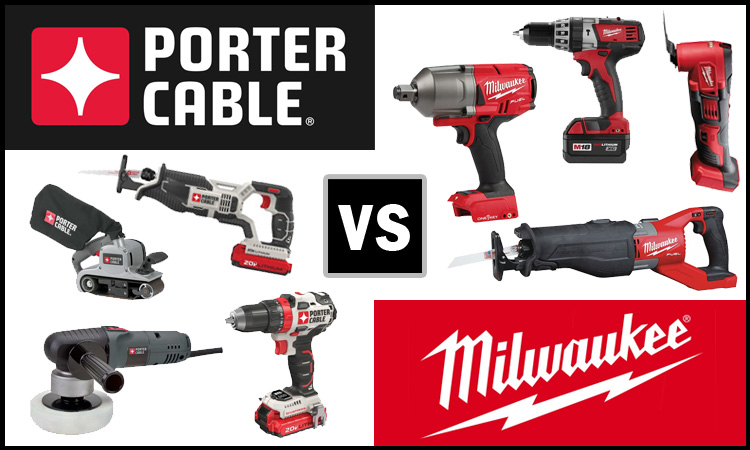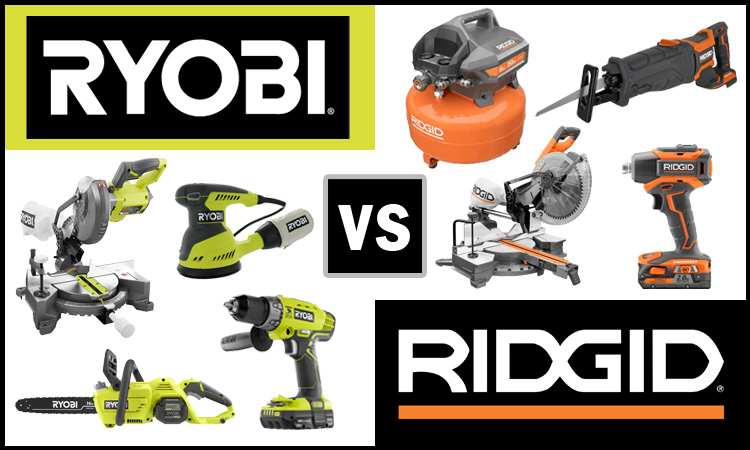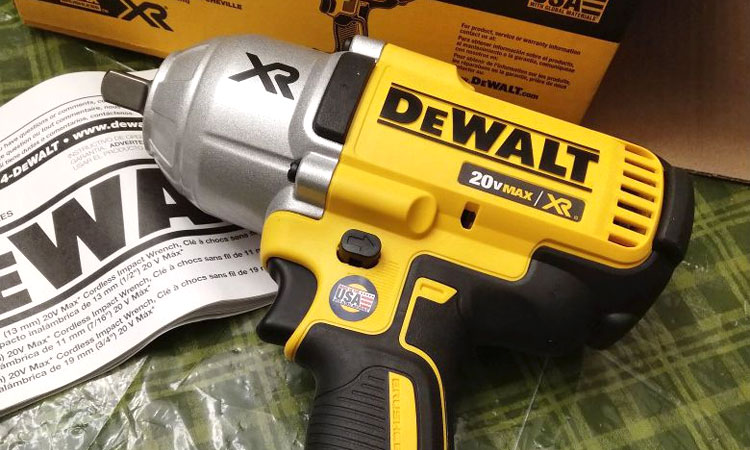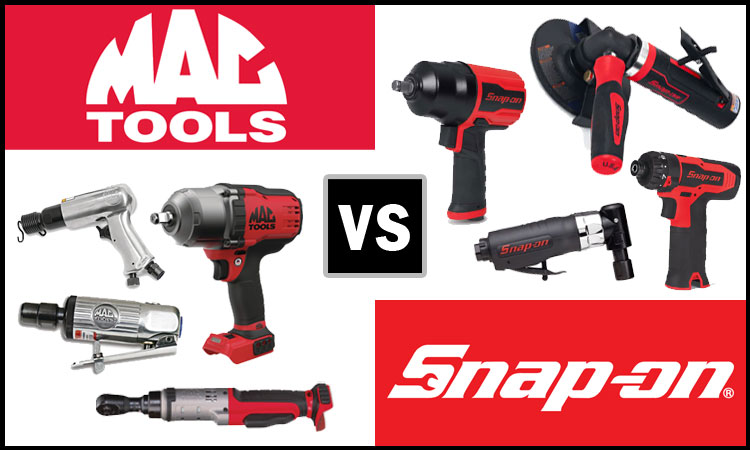Ryobi vs Craftsman (Which is Better?)
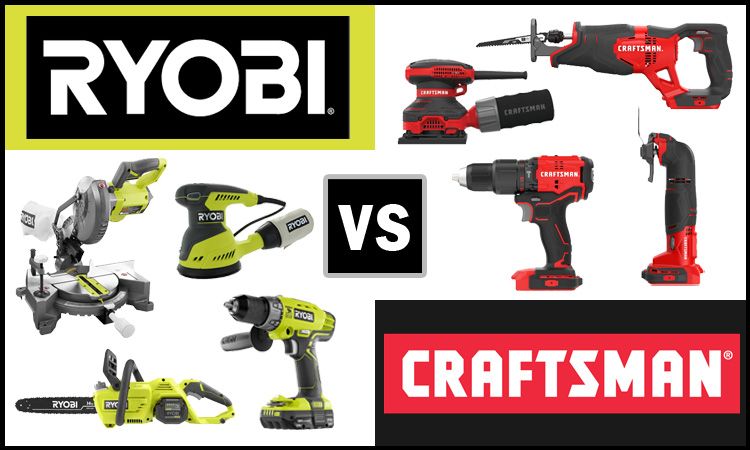
Today’s tool industry is a billion dollar business, ripe with competition as numerous manufacturers seek out their share of the profit. Luckily, this competition only benefits consumers, who are provided with a wealth of quality tools to choose from. However, on the flip side, this does pose an often confusing set of circumstances in their own right.
With so many high-quality tools currently available, how is one to decide which brand to invest their hard-earned money in? The answer to this question lies in a thorough comparison of any brands up for consideration. This is the exact reason that we have compiled the guide that follows; to compare Ryobi and Craftsman, two of the tool industry’s most iconic brands.
What follows is a side-by-side comparison of Ryobi and Craftsman tools, in regards to a number of valuable characteristics. The information contained within will allow you, the consumer, to form an educated opinion of your own accord.
History
While Craftsman was founded approximately 20 years before Ryobi, the latter brand’s history is no less stellar in scope. The following is a brief summary of Ryobi and Craftsman’s rise to prominence within the domestic tool industry.
About Ryobi Tools
Ryobi Tools was formed in 1943 as Ryobi Limited. Metal die-cast goods were produced by Ryobi in these early years. In 1954, Ryobi moved into the world of plastic die-cast items, which it has been producing to this day. Ryobi has developed a number of fascinating devices throughout its history.
Ryobi entered the world of power tool manufacturing in 1968. Consumers continued to be interested in this developing field, which Ryobi was just beginning to tackle. However, Ryobi did not give up on other goods entirely.
On the other hand, the company seemed to be focused on selling non-power tool products. This prompted Ryobi to agree to licensing deals with third-party manufacturers who began producing power tools under their own names.
Ryobi sold its stake in the American power tool industry in 2000, and by 2018, all remaining holdings within the company’s power tool unit had been transferred to the Kyocera Group.
These days, Techtronic Industries is the sole maker of all Ryobi power tools for sale in North America. Powerhouse brand Milwaukee is a sibling brand of Techtronic Industries, which makes it the parent company of both brands.
See Also: Ryobi vs EGO
About Craftsman Tools
In 1927, retail store giant Sears decided to launch their own line of quality hand tools, and thus the Craftsman tool line was born. The Craftsman parent company itself had been in business since 1892.
Sears’ decision on the launch of house brand tools came due to the change in the way the American consumers wished to purchase tools, gone were the days of specialty stores.
Going back a few years, Sears charged Tom Dunlap with the task of restructuring the hardware department in Sears. Dunlap realized that DIYers and mechanics all found great pride in owning their own premium tools and equipment.
Tom decided to capitalize on this sentiment and establish Sears’ own line of “in-house” brand hand tools instead of the outdated tools currently being sold. Thus the Craftsman line for Sears was born.
Craftsman tools have been produced for Sears by a number of independent manufacturers. It is often difficult to trace back to exactly where a particular Craftsman tool was produced, as many manufacturers abstain from putting their own production marks on the tools they produce. However, many early Craftsman tools were produced by well-known tool companies such as S&K, J.H Williams, and New Britain.
Over time, the Craftsman tool line has expanded to include almost any tool a tradesman would need, from ratchets, wrenches, pliers, and screwdrivers, to larger saws and specialty tools.
Craftsman’s product catalog now features a host of power tools, also. Many of these power tools are manufactured by known companies such as Emerson Electric, Techtronic Industries, and DeWalt.
Today, Craftsman Tools is no longer offered solely at Sears. In fact, Craftsman tools are now widely available in Lowes, Ace Hardware, and even Amazon, among others. Craftsman tools are currently owned by Stanley Black and Decker.
Read Also: Craftsman vs Kobalt
Manufacturing
Many consumers question the origins of any product in which we place our faith and hard-earned money. This is why many consumers wish to know more about the manufacturing processes of their favorite tool company before making a purchasing decision.
The following is a brief description of Ryobi and Craftsman’s current manufacturing practices.
Where Are Ryobi Tools Made?
Ryobi’s company headquarters are in Fuchu, Hiroshima, Japan, where the company also has a research and development facility. Although one of the business’s major financial offices is in Chicago, Illinois. In Japan, Ryobi produces various facilities, although the bulk of Ryobi equipment are produced in China.
Ryobi presently has just one manufacturing facility in the United States, located in Shelbyville, Indiana, and it produces specialty branded products. The company has 12 manufacturing facilities in six countries throughout the world.
Related: Ryobi vs Porter-Cable (Tool Brand Comparison)
Where Are Craftsman Tools Made?
Almost all Craftsman tools were exclusively manufactured in the United States, until 2010. This is not the case, however, for most of Craftsman’s power and hand tools are now produced in China and Taiwan, though a limited number of offerings are produced elsewhere.
Any Craftsman tools still produced in the United States are clearly marked on the package for customer viewing. Many older, United States-made Craftsman tools are in high demand and fetch a high price on the used market.
Related: Craftsman vs DeWalt Tools
Product Line
Even though Ryobi and Craftsman each offer a comprehensive lineup of premium hand and power tools, consumers find additional value in the various offerings of one particular brand over the next. Therefore, we have compiled brief summaries of each brand’s current product offering, to help the consumer decide.
Ryobi
Over 260 separate tools, batteries, and accessories make up Ryobi’s lead product line, the 18V One+ series. This allows for consumers to use fewer batteries and chargers to get even the most complex jobs completed. These same batteries continue to operate Ryobi’s older tools from over two decades ago.
The Ryobi’s 18V One+ tool line include various saws, drills, impact guns, nails guns, and grinders. This same battery pack is also compatible with a variety of other specialized yard equipment, including lawn mowers, string trimmers, blowers, and hedge trimmers among others. Ryobi also offers a variety of worksite companions such as lights, fans, and radios powered by its 18V One+ batteries.
Ryobi also offers a range of heavy-duty 40V tools for tackling the most demanding outdoor yard work tasks. Over 75 tools are available in the 40V collection, including chainsaws, lawn mowers, trimmers, and blowers.
They’re heavier than their One+ counterparts but they make up for it with greater power and battery life. All chargers and items in this line adhere to the 40V Lithium battery standard.
Craftsman
Craftsman has offered numerous individual power tools throughout the years. Recently the company has begun to focus its efforts on the production of quality portable power tools. This most notably includes Craftsman’s new lineup of V20 Brushless RP power tools.
Tools within this line feature 20-volt lithium-ion batteries, designed to provide longevity and power, to handle any task. The V20 line has now grown to not only include saws, grinders, drills, and impact drivers, but also items for home and shop conveniences such as vacuums, radios, and lights. Craftsman continues to expand this lineup yearly.
Besides its cordless offerings, Craftsman offers a number of corded power tools as well, including numerous bench-top sanders and saws, perfect for tackling those home improvement projects. Many of these tools are available at a highly economical price point, thereby appealing to consumers on any budget.
Also: Craftsman vs Porter-Cable (Who Makes Better Power Tools?)
Technology
Innovation is a keyword for both the Ryobi and Craftsman companies. Each company has been a main player in the world of continual innovations. This, in part, has helped serve as a boost to both of these iconic brands’ success.
The following are several high points, pertaining to the technical innovations of both Ryobi and Craftsman.
Ryobi
18V One+ HP Brushless Motors
Robust HP line of One+ Brushless motors from Ryobi are designed to dampen vibration and noise while providing more power and longevity. These heavy-duty power tools provide for a more comfortable experience, minimizing fatigue.
USB Lithium Tools
For smaller DIY jobs, Ryobi USB Lithium Power Tools is a good choice. A USB Lithium battery powers this collection of tools, which includes a portable power cutter, carver, and rotary tool. The small battery has a USB-C charging port and an LED charging indicator to indicate when it’s ready to use.
Link Storage Solutions
The Link Modular Storage from Ryobi is an innovative and incredibly practical approach to organize and store various power tools. With a mix of shelves, bins, and totes, this solution gives customers flexibility and mobility. All items in this series are compatible with any Ryobi power tool thanks to the universal locks that apply to every product.
Craftsman
RP-Brushless Power
Craftsman’s newest line of portable power tools now features brushless 20V motors, designed to withstand the toughest jobs. Craftsman’s “RP” designation stands for “Runtime” and “Performance”. Craftsman states that each tool featuring this technology is capable of outperforming and outlasting all other competition.
V20 Technology
Craftsman has produced what they believe to be the perfect battery for their RP Brushless power tools. These 20-volt power packs carry the V20 name and are designed to provide extra power and longevity for the job at hand. In fact, Craftsman specifies that their V20 battery packs provide 25-percent greater battery life than any other similar battery pack on the market.
Welded Metal Storage Suite
Craftsman truly took honors with their new Welded Metal Storage Suite. This line consists of five configurations that can be mixed and matched to meet individual needs and are proudly made in the US with global components. These units also feature keyed internal locking mechanisms to safeguard the owner’s tools and equipment.
Warranty and Service
When buying tools of any nature, a major factor is always the manufacturer’s customer service and warranty. In fact, a tool is of little value, if not covered by a solid warranty that works as hard as you do. The following is a recap of Ryobi and Craftsman’s current warranty policies.
Ryobi
The majority of the 18V Ryobi power tools come with a three-year warranty. Any tool determined to be faulty in material or workmanship will be repaired or replaced at no cost to the user. Tools that are damaged as a result of mishandling or normal wear and tear are not covered by this warranty.
Ryobi offers comparable warranties on their 40V Lithium-Ion battery-operated power tools, which include a 5-year warranty. All types of flaws in material or workmanship are covered by this warranty.
Craftsman
Craftsman customer service has always been known for its outstanding performance. This is a legacy that continues to this day, as many consumers still lean heavily upon Craftsman’s industry-leading warranty policy.
All Craftsman power tools come backed by a 3-year limited warranty. This coverage protects against failure due to material or workmanship-related defects. Within the first 3 years, if you experience any trouble with your tool, simply return your Craftsman power tool to your local retailer for free repair or replacement. However, one must be aware that this warranty does not cover normal wear and tear on the tool.
Additionally, all Craftsman hand tools are covered for life, against any and all defects resulting from regular use. You do not even need your original receipt to obtain coverage, should warranty repair or replacement be required.
Craftsman carry specific warranties on specific tools.
- Mechanics Tools, full lifetime warranty
- Torque Wrenches, 1-year limited warranty
- Garage Door openers, 3-year limited warranty
- Compressors, 1-year limited warranty
- Gas-powered outdoor equipment, 2-year limited warranty
Ryobi vs Craftsman: And The Winner Is…
At the end of the day, Ryobi and Craftsman both produce a number of quality portable power tools, the bulk of which, most consumers should find immense favor in. However, for the sake of argument, we can pick only one winner in our “best of the best” competition. Considering this, we can not help but to award Ryobi top honors.
Ryobi’s lineup of power tools is vast in size, far beyond that offered by Craftsman. This provides consumers with a greater number of tools at their disposal, the bulk of which all utilize the same, interchangeable battery packs. As such, one is able to make their investment work for them, by getting more out of each dollar spent.
Additionally, Ryobi’s customer service is known to be top-notch. The company offers a thorough, and all encompassing warranty on all of its power tools, thereby ensuring that your investment is safeguarded for the long haul. Simply put, any purchase from Ryobi is a purchase that can be made in confidence.

